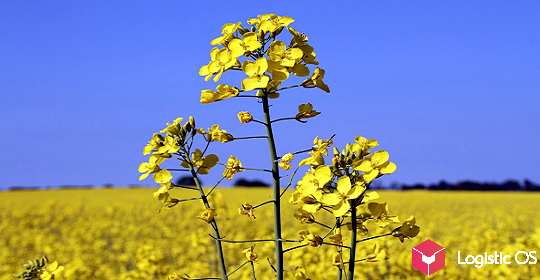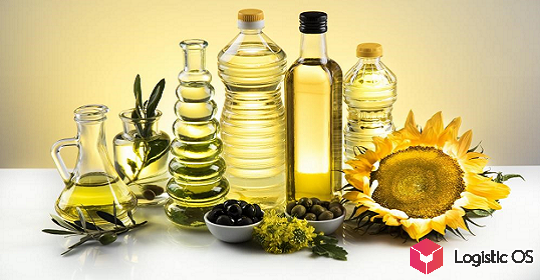The Ministry of Agriculture of the Russian Federation plans to launch a large-scale program for the “gasification” of Russian agricultural machinery and spend up to 500 million rubles on this program this year.
Assistance will be provided in the form of cost compensation to those farmers who will transfer their agricultural machinery from diesel to gas.
If you do the calculations, it turns out that it is very profitable.
For example, an hour of tractor operation on diesel fuel costs about 315 rubles.
If you transfer it to gas, it will be 235 rubles per hour. And there are more profitable options: LNG — 170 rubles, CNG — 150 rubles.
As you can see, by implementing such an initiative, there is a real opportunity to reduce fuel costs by more than half.
In real terms, this will save 1-2 thousand rubles per day for just one car. Obviously, for large agricultural holdings that own hundreds of pieces of equipment, the annual savings will be very significant.
According to the Rosselkhozbank, the total savings for all Russian farmers can be up to 100 billion rubles a year.
Is the NGV fuel market going to grow rapidly?
The government has little doubt about this. There are expectations that over the next 5 years the number of units of equipment that will run on gas will grow to 50-70 thousand.
In many respects, this is planned to be achieved precisely due to the transfer of the agro-industrial complex to gas.
What do farmers themselves think?
It looks like a lot of work will have to be done to convince them to switch to gas.
On paper, everything looks very nice, but in reality it can be difficult.
As Vice-President of the Russian Grain Union Alexander Korbut noted, the biggest problem is the delivery of fuel to each individual tractor, as well as refueling.
To do this, obviously, it will be necessary to build gas filling stations — and not only in large cities, but in almost every village.
In addition, the question arises, how to refuel a tractor that is already working in the field? With a diesel, everything is simple — just have a canister of fuel. And to pump gas, you need special equipment.
Alexander Nezhenets, General Director of the Progress agricultural firm, also noted that their enterprise will continue to work “in the old fashioned way” for the time being.
“Our equipment is designed to run on diesel. There is appropriate equipment there, and I don’t want to risk expensive equipment by converting it to gas.
In addition, we have been working closely with companies that supply fuel for a long time.”
Thus, 500 million rubles, which were planned to stimulate farmers, may not be enough.
It seems that here we need to add a huge amount for the construction of stations everywhere and providing farmers with equipment for refueling.

